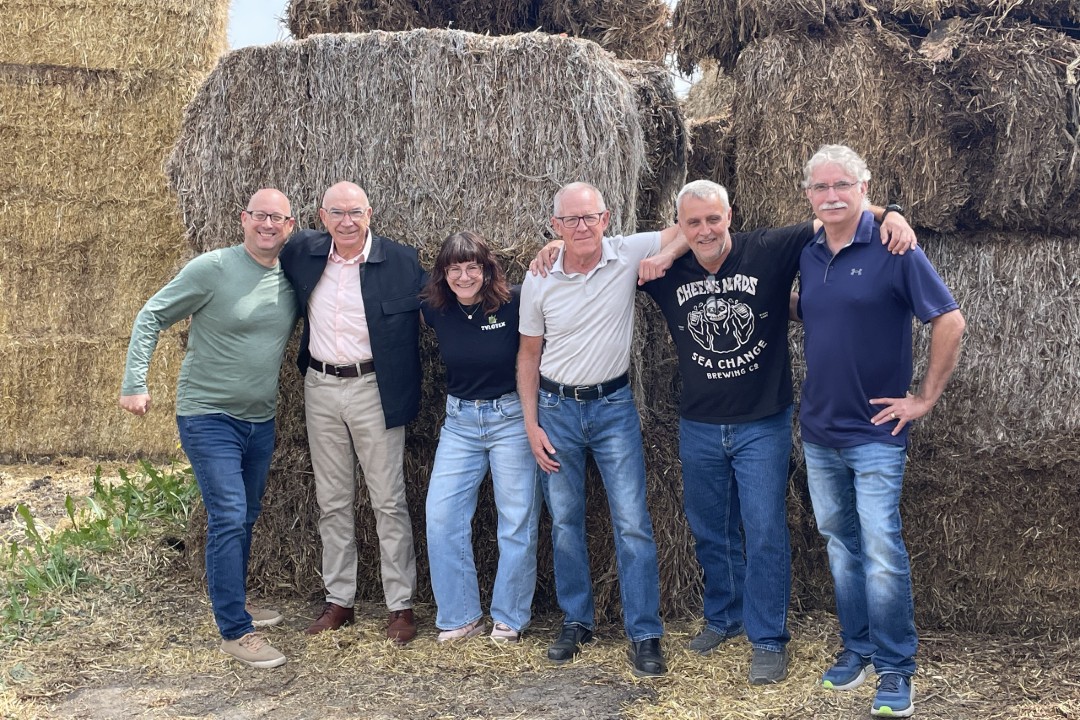
Zylotex partners up on quest to make hemp a viable industry in Alberta
After searching for a mill to produce hemp pulp fibre but finding none willing in Alberta, Zylotex, which makes natural fibres from provincially grown hemp, is working with Plantae Technologies Inc. to pulp the hemp itself.
"When we're dealing with these mills, we're dealing with thousands of tonnes per day," Wade Chute, the CTO and co-founder of Plantae and a co-founder of Zylotex, told Taproot. "With Zylotex, we're dealing with thousands of tonnes per year, so interrupting their $1.25 billion asset for 30 minutes of production is a challenge."
The novel product that's set to be produced is called Zylopulp. It's a fibrous material derived from separating the cellulose from hemp that's suited to the chemical industry, as well as to creating packaging and other industrial materials, and will also be used for the existing Zylotex fibre. Zylotex co-founder and CTO, Lelia Lawson, previously told Taproot that existing fibre already has applications in the medical industry, construction, garments, and more.
Lawson said hemp-derived fibres matter for Alberta because the province grows significant amounts of the plant but doesn't use it to its full potential. She believes hemp-based fibres could create a domestic industry that's tariff-proof and would add to Canada's small presence in the global fibre production market.
Chute, Lawson's fellow co-founder, has roles at both Zylotex and Plantae, but the companies are incorporated separately, and the partnership is specifically an exclusive joint development agreement to commercialize fibres derived from hemp. The company uses the lyocell method, an environmentally friendly chemical process that turns hemp into fibre. The main goal for Lawson and Chute is to validate whether the pulp is commercially viable so that perhaps a pulp mill will agree to produce it at its maximum scale.
InnoTech, where Chute once worked, is an Alberta Innovates subsidiary, and is helping Zylotex get its fibre production to a larger scale than what the company can currently achieve at the University of Alberta, Lawson said.
"(Working with InnoTech) is not going to be inexpensive," Lawson said. "They are a fee-service research facility … Instead of paying $1 per kilogram, we're going to be paying about $65 a kilogram for the pulp." Lawson added that she is seeking funding to offset the production expense, and she wants to show the pulping world that her products are commercially viable.
If the price sounds high, Chute argues it's not.
"We don't have to build a $6 million plant to prove something going from a beaker to a bucket to a big-ass reactor will work," he said. "Every time you scale something up, there's obviously a little bit of risk that's involved … (InnoTech has) the equipment that we don't have to build, but we can access for money. It does save us the capital cost and the time of building our own just to prove the concept, plus there is a certain degree of validity that comes along with third party services."








